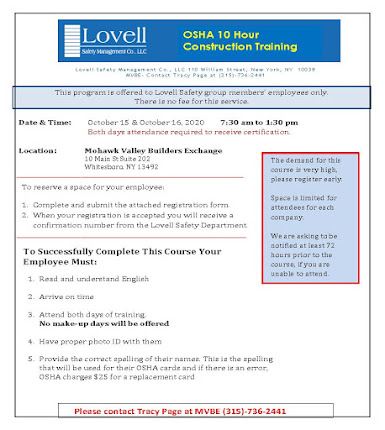Sometimes it is in the interests of both claimants and employers to compromise to settle a claim. For example, an employee with a diabetic foot alleged that he injured the foot at work. The employer disputed the claim, stating that no work accident occurred and that the employee’s problems were entirely preexisting. The carrier controverted the claim. There was a substantial chance that the claim could be established by the Workers’ Compensation Board (WCB) as a work injury with an aggravation of his underlying condition. In that event, the cost of the claim would exceed $100,000 for wage replacement (known as indemnity benefits) and medical costs.
The claimant, on the other hand, faced the prospect of having his claim completely denied. Rather than take the risk of litigation, both parties elected to settle the claim for $15,000, under Section 32 of the Workers’ Compensation Law. Section 32 states as follows: “No agreement or release except as otherwise provided in this chapter by an employee to waive his right to compensation under this chapter shall be valid.” It then goes on to provide a framework within which a waiver agreement can be entered into and be approved by the Workers’ Compensation Board. A carrier, including self-insured employers, and a claimant can agree to resolve a controverted claim, settle a dispute, or bring finality to ongoing claims involving permanent disabilities.
Settlements can be limited to wage replacement benefits and are referred to as “indemnity only.” The carrier will be responsible for the payment of continued medical treatment. A “global settlement” covers both wage replacement (indemnity) and medical treatment. A “medical only” settlement is possible but rarely utilized. Indemnity settlements are typically paid as a lump sum, but structured settlements, where claimants receive weekly or monthly annuity benefits, are an acceptable alternative.
Since the passage of legislation in 1980, the Federal Government has implemented a complex series of rules to make sure that workers’ compensation settlements were not shifting the medical costs of work-related injuries to Medicare. When medical costs are included in a settlement, the interest of Medicare must be considered in regard to future medical costs and past payments that Medicare may have made. A Medicare Set Aside Arrangement (MSA) is an allocation of a portion of the settlement for future medical care. When the following conditions are met the MSA can and should be submitted to Centers for Medicare & Medicaid Services (CMS) for approval: claimant is a Medicare beneficiary and the total settlement amount is greater than $25,000.00; or claimant has an expectation of Medicare enrollment within 30 months and the anticipated total settlement amount is expected to be greater than $250,000.
The MSA is comprised of prior payments made by Medicare and a projection of future costs based on current ongoing treatment including prescription drugs. The MSA’s often have very high values. When handled properly, Medicare will assume responsibility for payment if an MSA is exhausted. Under certain circumstances, an unwise carrier may unexpectedly find itself liable for past and/or future payments.
Evidence and experience suggest that some claimants overutilize medical services in order to bolster their claims, especially if there is a concurrent third-party lawsuit. After the claimants have settled their workers’ compensation case, it is not unusual for there to be a significant drop in the utilization of medical services, and very often there is a complete cessation. Therefore, it is often preferable to settle the claims as “indemnity only,” which often reduces the propensity of claimants to seek treatment. These types of settlements avoid the added expense and complexity of the MSA.
Settlements are also often used on established permanent partial disability claims. Workers’ compensation benefits are paid weekly, over a fixed period of time. Some claimants prefer to receive their benefits all at once in a lump sum. Carriers will settle claims in a single payment, but only if such settlements offer a significant discount against the future value of the claim.
Settlements are final ten days after being approved by the WCB and will not be disturbed absent a showing of fraud or misrepresentation. When wisely negotiated, settlements offer the benefits of lowering claim costs, removing uncertainty, and reducing the cost of administering claims.

